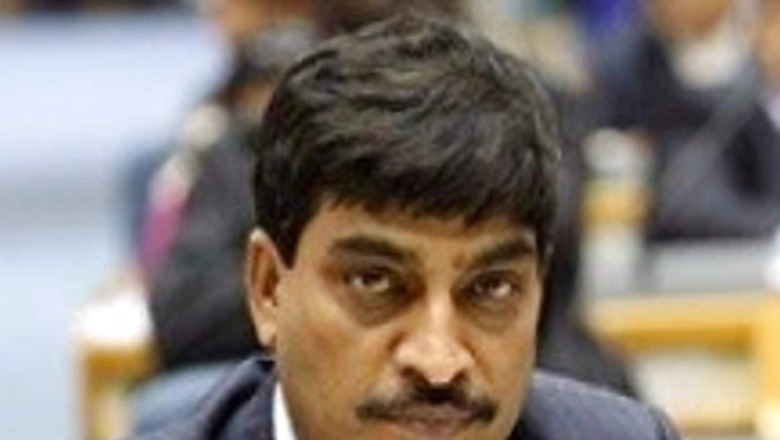
views
7The Jammu and Kashmir administration’s decision to end the longstanding custom of Darbar Move has not just led to savings worth around Rs 200 crore but also significantly improved governance efficiency with an increased disposal rate of files and their easier tracking, chief secretary of the union territory Arun Kumar Mehta said.
Started by the erstwhile Dogra rulers of Jammu, Darbar Move was a 149-year-old biannual event when the civil secretariat and other state government offices shifted from Jammu to Srinagar in summer, and back to Jammu in winter. The tradition officially ended earlier this year.
In an exclusive interview with News18.com, Mehta, a 1988-batch IAS officer, said this has been possible only because the UT has completely moved to e-files and thus government officials are not bound by a location anymore.
“This transition means that government officials and staff do not need to move from Jammu to Srinagar or the other way round with their physical files anymore. All our files are in e-mode, barring a few sensitive records, primarily concerning security matters,” he said.
According to Mehta, a recent exercise carried out by the union territory revealed that the disposal rate of the files is now 97 per cent, which bears testimony to the improved efficiency that came with the complete switch to the digital mode.
“These e-files put you in the modern league and it has made a huge difference to governance,” he said. “Earlier, we lost two months when the Darbar moved. Now, not only are we saving around Rs 200 crore, the governance efficiency has gone up manifold. Every year, the files had to be carried physically from one place to another and many files got misplaced in the process as well. But now, you can trace them immediately.”
Talking about other governance reforms being implemented in J&K, Mehta emphasised that a resource allocation system called Budget Estimation, Allocation & Monitoring System (BEAMS) has proven to be a game changer, given the transparency it brings along with it.
“The online system is linked to the treasury from where the funds are released online,” he said. Mehta added that all works can be executed only after e-tendering and other administrative clearances and that the funds can be released after proper physical verification of works and if they meet all the stated prerequisites.
“This makes the whole process transparent and increases accountability. With this, our costs have come down by 30 per cent,” he said.
Mehta said that the governance reforms adopted by J&K have ensured that the number of developmental projects completed by the UT has gone up to 21,943 in the financial year 2020-21, from 9,229 in 2018-19.
“For instance, in the implementation of PM GSY, we are at number 3 in the country now,” he said. As per data, 3,500 km of roads were constructed in 2021-22.
Mehta further said 10,000 recruitments for government jobs were carried out in the recent months by the UT administration in a transparent way, on merit and bereft of any favouritism. The administration had advertised 20,000 posts, of which 10,831 selections were made.
The UT has also started other online systems such as land records information system, through which citizens can access their land records anytime, and the Empowerment Portal in which citizens can track development efforts being implemented in their areas online.
Jammu and Kashmir has received investment proposals worth Rs 31,000 crore and has also notified a new central sector scheme worth Rs 28,400 crore that can generate employment for over 4.5 lakh people, the Centre informed Parliament this week.
Mehta said that because of the devastating second wave of Covid in 2021, the investment proposals received could not materialise but they will take shape next year.
“This has been possible because of the ease of doing business. As many as 126 services have been brought online,” he said, adding that reforms such as change of land use have contributed to the investment proposals received by the UT.
In terms of capability development under the Centre’s Mission Karmayogi push, Mehta said one training for every officer is being planned currently, even though other efforts towards this will be taken in the future.
Read all the Latest India News here




















Comments
0 comment